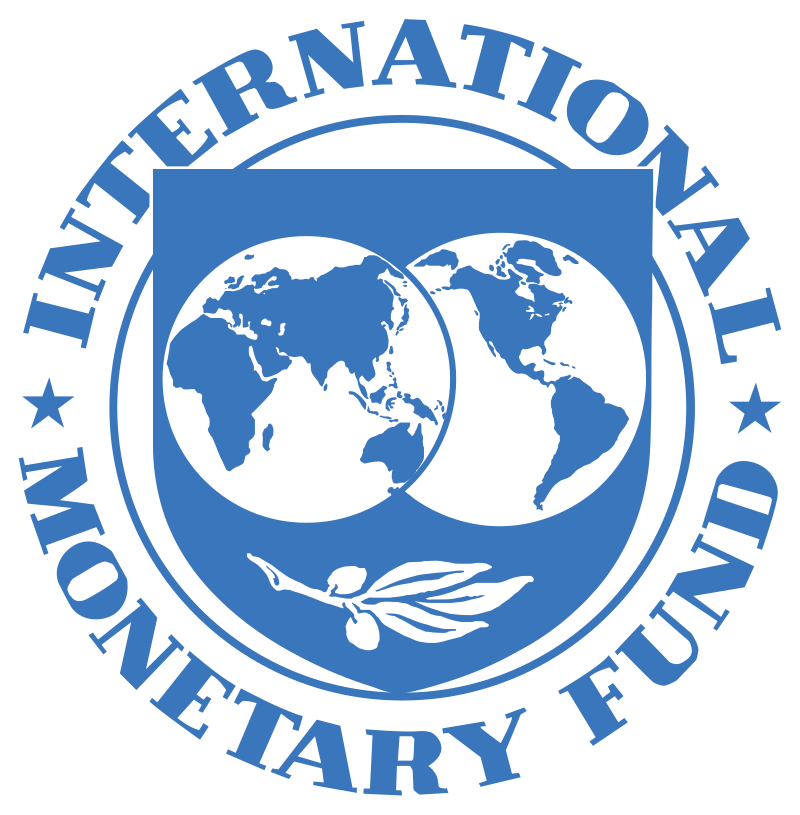IMF : Definition, Working & Its Objectives.
What is IMF?
The IMF stands for the International Monetary Fund. It is an international organization established in 1944 to promote international economic cooperation, exchange rate stability, and sustainable economic growth. The IMF's primary function is to provide loans and technical assistance to member countries experiencing balance of payments difficulties, which means they have a shortage of foreign currency to pay for imports or service their foreign debt. The IMF has 190 member countries, and its headquarters is located in Washington, D.C. Its primary purpose is to ensure the stability of the international monetary system by providing policy advice, financial assistance, and technical expertise to member countries. The IMF also plays a role in promoting economic growth and reducing poverty by supporting sound economic policies and helping countries manage their debt burdens. The IMF is governed by its member countries, and decisions are made by its Board of Governors, which is composed of one governor from each member country. The day-to-day operations of the IMF are managed by its Executive Board, which is responsible for overseeing the organization's policies and operations.
 |
| IMF |
How IMF Works?
The International Monetary Fund (IMF) works to promote international monetary cooperation, exchange rate stability, and sustainable economic growth. The IMF accomplishes this through several key functions:
Surveillance: The IMF conducts regular monitoring of the global economy and individual member countries to identify risks and vulnerabilities and provide policy advice to address economic imbalances and other issues.
Financial assistance: The IMF provides loans to member countries experiencing balance of payments difficulties, which means they have a shortage of foreign currency to pay for imports or service their foreign debt. The loans come with conditions, such as economic reforms and policy adjustments, to help ensure that the borrowing country can repay the loan.
Capacity building: The IMF provides technical assistance and training to member countries to help them develop strong economic policies and institutions.
Data provision: The IMF collects and disseminates economic data and analysis to support policymaking and economic research.
The IMF's work is governed by its member countries, who contribute funds to the organization and have a say in its policies and operations. When a member country experiences balance of payments difficulties and requests assistance from the IMF, the IMF evaluates the country's economic situation and develops a loan program tailored to the country's needs. The loan program typically includes conditions, such as economic reforms and policy adjustments, that are designed to help the country address the underlying causes of its economic problems and restore financial stability.
What are Objectives of IMF?
The International Monetary Fund (IMF) has several key objectives, which include:
Promoting international monetary cooperation: The IMF seeks to promote cooperation among its member countries to achieve a stable and orderly international monetary system. This includes providing policy advice and technical assistance to help countries manage their economies and monetary policies.
Facilitating international trade: The IMF works to promote international trade and economic growth by encouraging countries to adopt policies that support free trade and reduce barriers to trade.
Promoting exchange rate stability: The IMF aims to promote exchange rate stability by providing a framework for international cooperation on exchange rate policies and by providing financial assistance to member countries experiencing balance of payments difficulties.
Providing financial assistance to member countries: The IMF provides loans and other forms of financial assistance to member countries experiencing balance of payments difficulties, which means they have a shortage of foreign currency to pay for imports or service their foreign debt.
Promoting sustainable economic growth: The IMF works to promote sustainable economic growth by encouraging countries to adopt policies that support long-term economic development and reduce poverty.
Follow us @ Facebook : Finance With Atul
